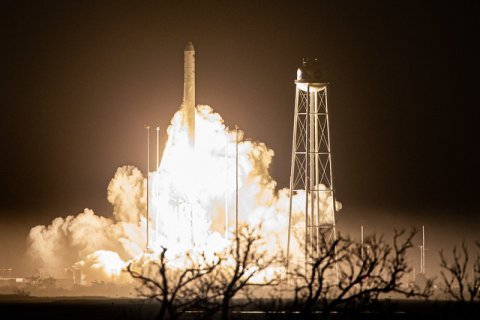
Today the ZePrion space experiment was successfully launched. ZePrion could lead to the scientific validation of an innovative protocol for the development of drugs against neurodegenerative diseases and more. This is the outcome of an international collaboration involving various academic institutions and the Israeli company SpacePharma.
The experiment sees a fundamental contribution from Italy thanks to the University of Milano-Bicocca, the University of Trento, the Telethon Foundation, the National Institute of Nuclear Physics (INFN), and the Institute of Agricultural Biology and Biotechnology of the National Research Council (CNR-IBBA). ZePrion aims to take advantage of the microgravity conditions available in orbit to verify whether it is possible to induce the destruction of specific proteins in cells, interfering with their natural folding mechanism (protein folding).
ZePrion consists of a real miniature biochemical laboratory (lab-in-a-box) created by SpacePharma, which will operate on board the International Space Station and will be controlled remotely. In addition to the Italian contribution, it will also take advantage of the participation of the University of Santiago de Compostela.
The experiment took off with the NG-19 robotic refueling space mission from the Wallops Island base in Virginia (USA) to the International Space Station (ISS); the arrival of NG-19 and Zeprion on the ISS is scheduled for Friday 4 August, around 8:00 am in Italy.